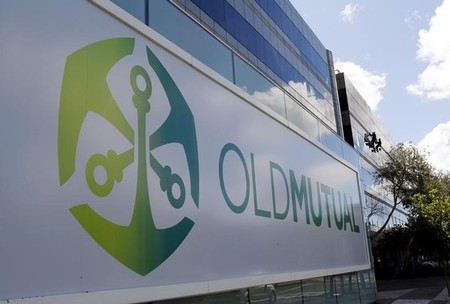ABUJA (Reuters) – Anglo-South African financial services firm Old Mutual and Nigeria’s sovereign wealth fund on Friday signed agreements to set up two funds to invest in real estate and agriculture in Africa’s most populous nation.
Old Mutual and Nigeria Sovereign Investment Authority (NSIA) said they would jointly raise a $500 million fund to invest in real estate and another $200 million to spend on agriculture projects in Nigeria.
The West African nation is in the middle of its worst crisis in decades as a slump in oil revenues hammers public finances and the naira. Gross domestic product shrank in the first quarter and the central bank governor has said a recession is likely.
Chief executive of NSIA, Uche Orji, said both parties will each commit $100 million as initial commitment for the real estate fund and $50 million for the agriculture fund.
“We are looking at office towers, commercial real estate,” Orji said. “We are investing equity in agriculture. We are looking at farming with emphasis on export.”
Poor infrastructure and access to capital is a major bottleneck to growth in Nigeria, which has made diversifying its revenue base and reducing a huge import bill its top priority.
“The most important thing is infrastructure. The problem is that its cheaper to move goods from China to Lagos, than move it from Kano to Lagos and that’s because we don’t have the infrastructure,” Finance Minister Kemi Adeosun said.
Nigeria established the Sovereign Investment Authority (SIA) in 2011 with $1 billion of seed capital in an effort to manage oil export revenues.
The new funds, which will stay invested for up to 12-years, will target returns of around 20 percent, Hywel George, chief investment officer at Old Mutual said.
A successful real estate investment in Nigeria can earn an returns as high as 30-35 percent, while rental income yields in cities such as Lagos and Abuja can easily reach 10 percent, developers and estate agents say.
However, navigating through opaque land laws, corruption, a lack of development expertise and financing, a dearth of mortgages and high building costs will take courage and influential local partners.
(By Chijioke Ohuocha. Editing by Ulf Laessing and William Hardy)




